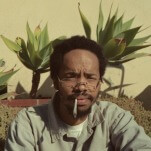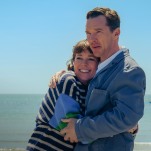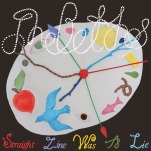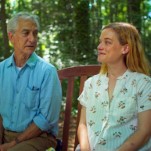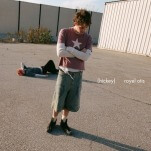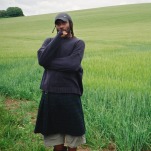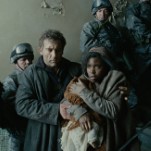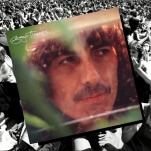All These Sleepless Nights
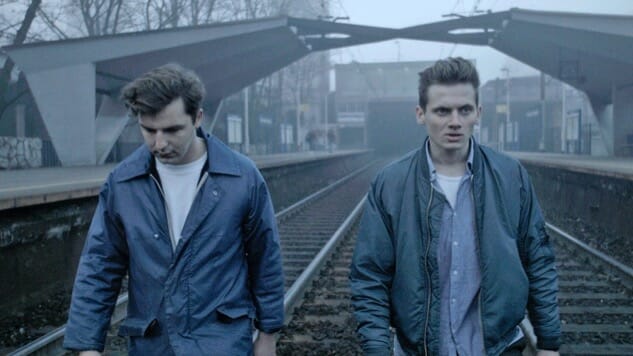
If you’ve heard anything about Michal Marczak’s All These Sleepless Nights as it’s traveled the film-festival circuit in the past year or so, you’ve most likely heard about the nature of its creation. Taking the hybrid docu-fiction method he explored in his previous features At the Edge of Russia and Fuck for Forest to its limits, Marczak recruited a trio of Polish 20-somethings to act out versions of themselves as they roved their way around the Warsaw party scene, the director’s camera following them in real life. Instead of capturing directly recorded sound, however, Marczak re-created the film’s soundtrack afterward, having the film’s main subjects re-record their dialogue and even adding bits of ambient sound that weren’t necessarily present in the original shoots. Marczak, it appears, is pushing even further than Werner Herzog or, more recently, Robert Greene (he of Actress and Kate Plays Christine) when it comes to blurring the line between constructed fiction and documentary reality. Perhaps he doesn’t even see a line in the first place.
The aesthetic and philosophical implications of its making are fascinating to contemplate, to be sure. Then, though, there is the film itself, which is alternately hypnotic and monotonous. Certainly, the narrative that peeks through its many scenes of people partying, hooking up, drinking and doing drugs, and just generally being hedonistic is remarkably thin. It’s little more than a love triangle between its three central figures, as one of them, Kryzysztof Bagi?ski, carries on an affair with Eva Lebuef, the ex-girlfriend of Krzysztof’s friend, Michal Huszcza. And those three people don’t seem to have much in the way of personalities to make them especially memorable. There’s only so much that that ol’ self-reflexive gambit of raising questions about just how true the on-screen incarnations of people are to their real selves (ultimately a pointless question, Marczak would probably argue) can do to cover for frankly uninteresting subjects in the first place.
Perhaps the best way to approach All These Sleepless Nights, then, is not as documentary or even as drama, but as an abstract feature-length snapshot of youth in transition from the devil-may-care aimlessness of adolescence, to the initial agonized stirrings of adulthood. In this light, Marczak’s film turns out to have a completely coincidental yet nevertheless fitting companion piece in theaters right now: Terrence Malick’s Song to Song, which chronicles a similar phase in young-adulthood through a love triangle of its own, albeit set in the gritty indie-music scene of Austin, Texas, rather than in the big-city glamour of Warsaw, Poland.
-

-

-

-

-

-

-

-

-

-

-

-

-

-

-

-

-

-

-

-

-

-

-

-

-

-

-

-

-

-

-

-

-

-

-

-

-

-

-

-





